Music is the mediator between the life of the senses and the life of the spirit. – Beethoven “We surrender to music when we listen to it – we allow ourselves to trust the composer and musician with a part of our hearts and our spirits. We let the music take us somewhere outside ourselves. The power of music is that it can connect us to one another, and to larger truths about what it means to be alive and what it means to be human. That is how we are moved by music, ” writes Daniel J. Levitin in …
Category: Psychology
By believing oneself to be the master of one’s thoughts, one becomes so. “Before you treat someone, ask if they are willing to give up the things that make them sick,” advised Hippocrates (c. 460-370 BC). Since age-old times, philosophers and medical savants have researched to demystify the creative power of human thought. The maxims “Man is what he thinks” and “I think, therefore I exist” have long been common in universal language. As an ancient sage said : Be careful of your thoughts, for they become your words, words become your actions, your actions become your habits, habits …
“Music gives such pleasure that human nature cannot live without it, ” said Confucius. Music is essential says Victor Hugo because “ it expresses what cannot be put into words and what cannot remain silent.” The acclaimed neuroscientist, cognitive psychologist and musician Daniel Levitin explores the mystery of music and how music affects our brains, thoughts and our spirit. He says : The moods that music creates are part of its mystery. What most of us turn to music for is an emotional experience. Because music has the power to induce a certain emotion that will bring back a certain …
The friendship between Sigmund Freud and Romain Rolland at the turn of the 20th century, and how it sparked the interior voyage and the spiritual realization of Rolland The French Nobel laureate writer Romain Rolland (1866-1944), foresaw the power of Sigmund Freud’s (1856-1939) analytical assessments at the turn of the century in 1909, long before Europe recognized his seminal work on the human psyche. He regarded Freud as “a fellow pilgrim on this black continent, courageous and genius navigator. ” Intrigued by his work, Rolland visited Freud and his daughter Anna Freud (1895-1982) in their apartment in Vienna in 1924. …
As you go deeper into the heart, the mirror becomes clearer and cleaner. –Rumi Carl Gustave Jung, the renowned psychiatrist and psychanalyst defines the inner dialogue as an essential tool of human beings. Often heard at times of inner conflict, it is the precursor of a decision, and propels the self to discern good from bad. Instantaneously sparking self-reflective activity in the mental-psychic fronts, it tends to generate action. The eminent child psychologist D.W. Winnicott defines it as an essential part of development of the “selfhood”. He says: The conversation takes place in the space between fantasy and reality where one …
“Emotions impact health and behavior, and they should be managed to gain self-mastery.” Avicenna (970-1037), the 11th century medical savant and philosopher foretold the imperative role of emotions on human psyche and behavior in his preeminent book, The Canon of Medicine. Centuries later, James Gross, director of Stanford Psychophysiology Laboratory known with his emotion regulation model explains: Emotional regulation refers to the process by which individuals influence which emotions they have, when they have them, and how they experience and express their feelings. Human ability to control and regulate emotions using reason and willpower is a pivotal strength. Not only …
The cure for fear is action. Action requires courage. – Aristotle Winter of 1939. Finland is invaded by the Red Army. The Finns are far inferior in numbers and artillery. But they have “sisu” in greater quantities as the story goes. Using their cross-country skiing skills, they manage to surprise and disperse the Russian troops. The Finns describe “ sisu” as the guts, the courage of the lesser. A mixture of audacity and perseverance which leads to never giving up, even when all seems lost. It is an inner strength that transforms one’s supposed inferiority to advantage by thinking out …
Mastering others is power, mastering oneself is true willpower. – Lao Tzu At the time the universe was created, it was debated to whom willpower should be given. None undertook the responsibility. When humankind – the highest of all creatures was created, willpower was granted to him. Thus, the heavy burden that mighty mountains and sturdy animals could not lift was placed on the shoulders of humankind. Ever since then we roam the day with the devil of temptation on one shoulder and the angel of restraint on the other. We might have a sudden craving on the spot, …
Goethe’s theory of colors, and how the eye sees and simultaneously creates its own color The great poet and savant Johann Wolfgang von Goethe (1749-1832) passionately explored the phenomenology of light and colors witnessed by the human eye, and collected his findings in Farbenlehre (Theory of Colors). His innovative doctrine of “physiological colors,” though dismissed by some due to lack of empirical data in his epoch, would later lead to wide repercussions in the centuries to come in art, physics and philosophy. He proclaimed that the colors referred to as physiological pertain to the subject, the organ of sight, …
The moments of awe, peak experiences and accomplishing the best version of oneself It is in human nature to aspire higher and “ human life will never be understood unless its highest aspirations are taken into account, ” said Abraham Maslow (1908-1970), renown with his triangle of hierarchical needs. At the peak of this triangle “ transient states of absolute being ” are experienced. It is “ where the farther reaches of human nature are secluded. ” He declared that a thorough understanding of the human being includes both security and belongingness needs as well as growth and transcendence …



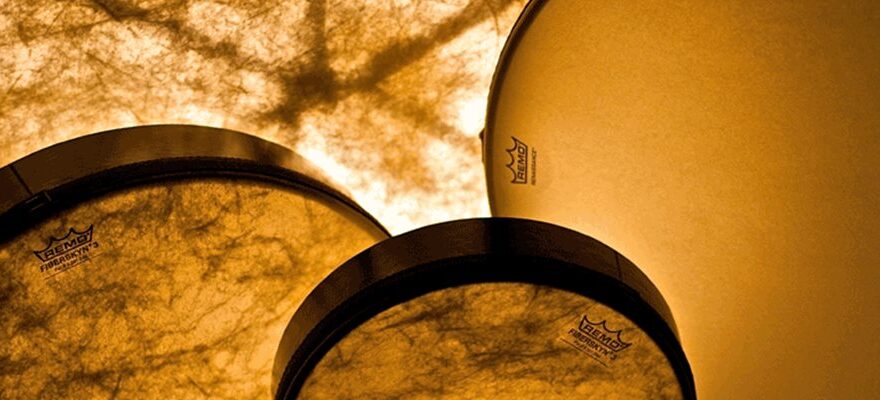
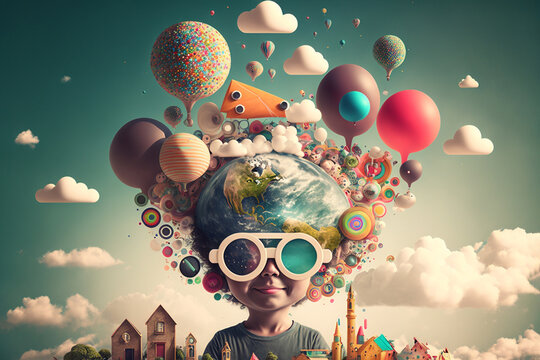
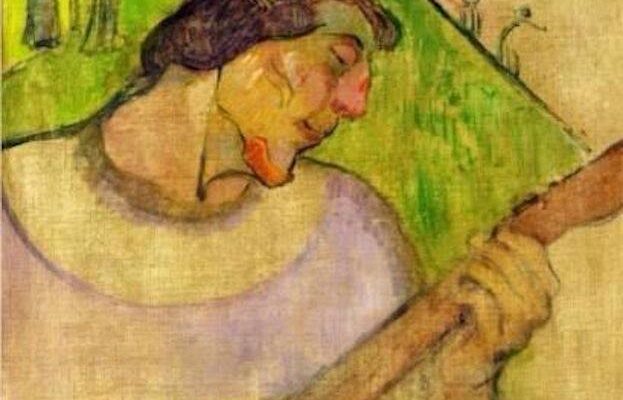
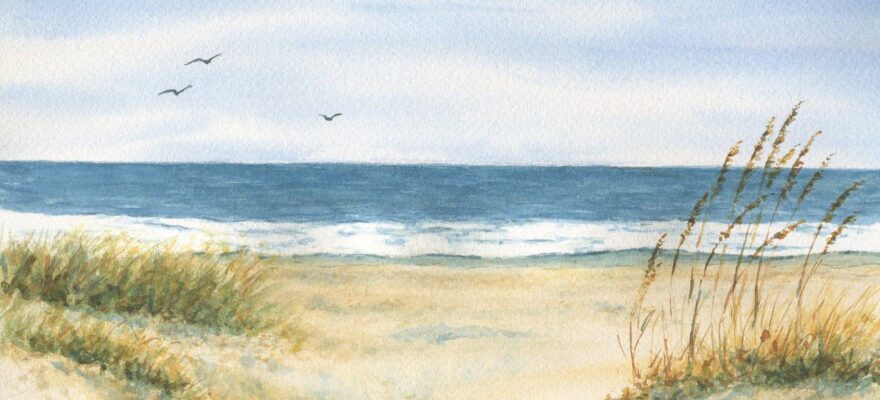
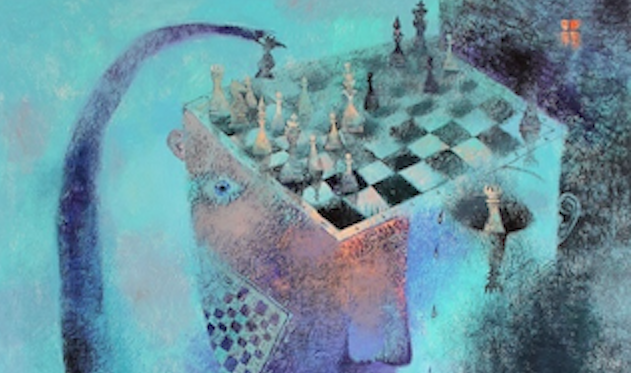
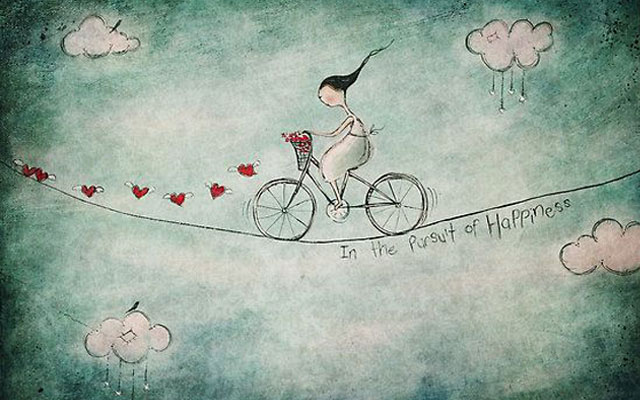
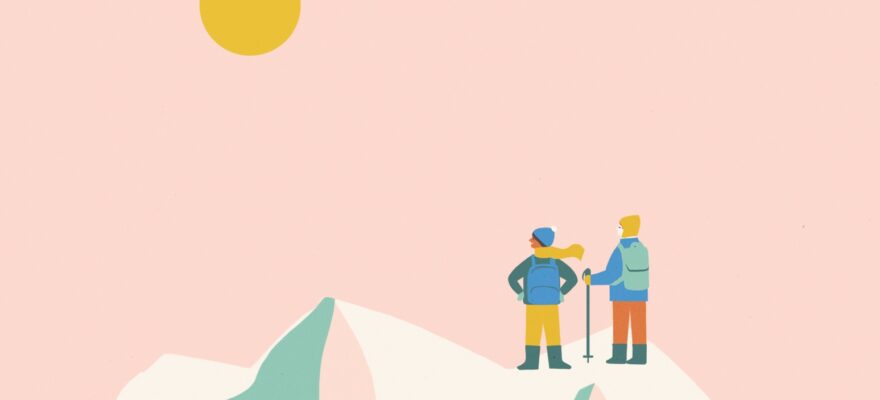
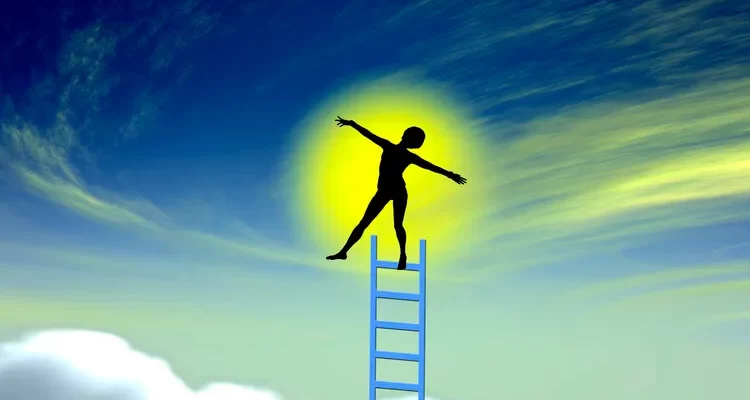
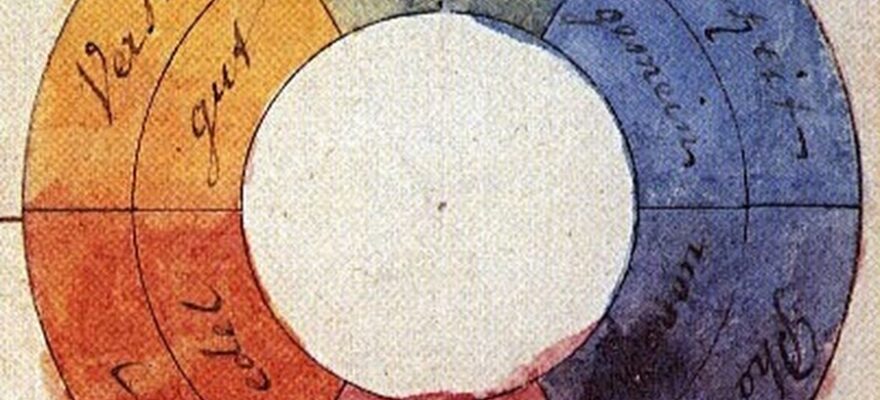
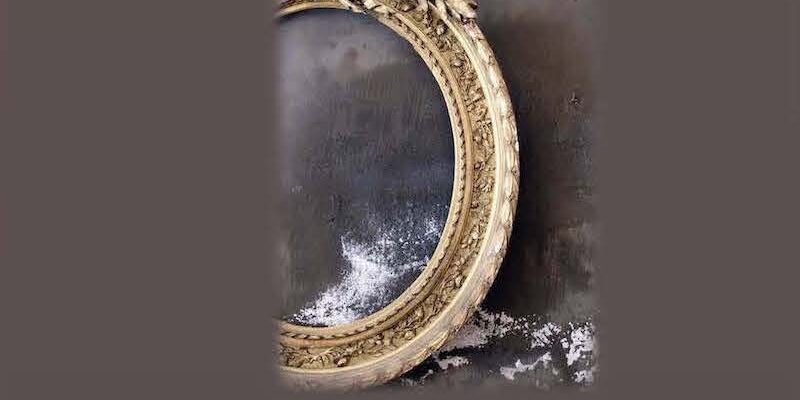





Social Profiles